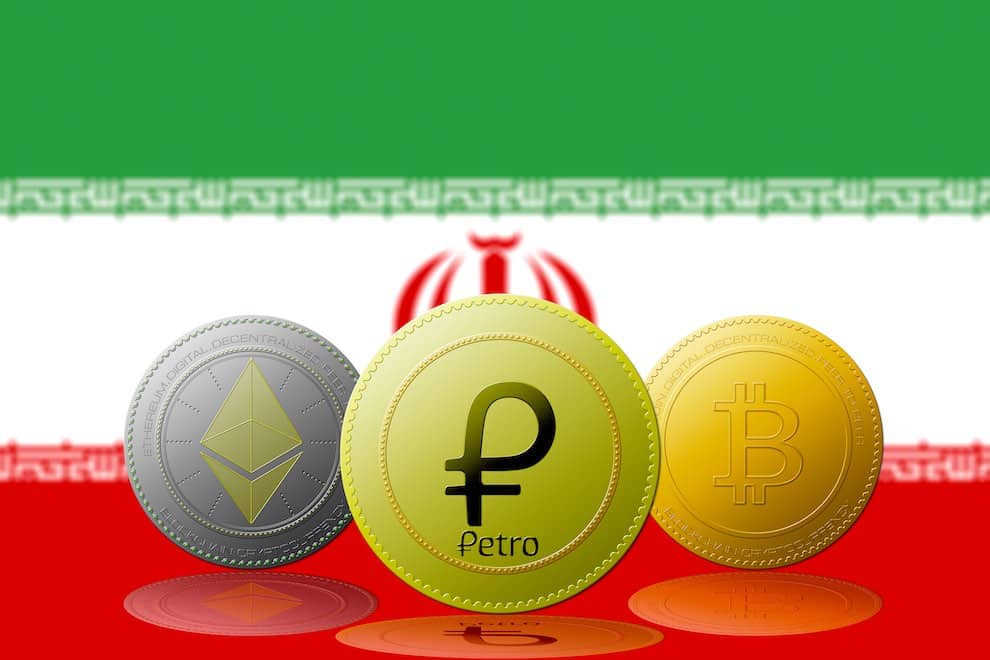
The cryptocurrency industry seems to be receiving a positive standing from governments and major financial institutions, such as banks. As per the sources, both of these high profile institutions are in favor of cryptocurrency to avoid international sanctions on their trade and economy as well as to repay their mounting debts. Interestingly, this trend is not restricted to one particular country but it’s happening in different parts of the world.
You have examples of this in Iran or Gaza. They have embraced cryptocurrency to bypass these sanctions. Venezuela has also followed in a somewhat similar manner..
“The Iranian economy is being threatened today by banking sanctions imposed by the US. As per the sanctions, foreign nations can’t do any sort of business with Iran. To overcome these challenges, Iran has taken to Bitcoin mining. Digital assets, like Bitcoin, are hard to trace. This particular advantage enables Iranians to trades with international payments, while bypassing States’ restrictions on the banks”, stated crypto expert Sydney Ifergan.
Also a founder of TCAT cryptocurrency, Mr. Ifergan mentioned about Ezzedine al-Qassam Brigades’ (unit of Hamas) request to supporters for sending funds through Bitcoins. Brigades are also facing international sanctions and Bitcoin seems to be its viable tool to support this resistance financially. Bitcoin transactions are anonymous and aren’t backed by central banks or governments.
There are also countries that are willing to rely on cryptocurrency to get rid of debts. Japan holds the highest national debts in the world while the second and third in the list are Greece and Venezuela. On the other hand, the U.S. tops the list when it comes to the national debt list of the principal economic superpowers.
“Real money (read fiat) is centralized and every new money that is being printed is getting lower in value. But cryptocurrency can be easily generated and can help countries to pay back their debts, on adoption,” Mr. Ifergan added in.
Unlike fiat money, crypto follows a “fixed-supply” approach and also assures “inflation-preventing” operation. As a result, it is always more stable compared to usual fiat money.
“as BTC follows a ‘fixed-supply’ protocol, financial organizations can’t print them whenever they wish to.
Crypto policies are not dominated by one single entity. Rather, the control is in the hands of multiple approvals that rest in a decentralized ledger. It relieves BTC from the usual problems we see with fiat such as reduction in buying power or hyperinflation.”

Get the latest Crypto & Blockchain News in your inbox.